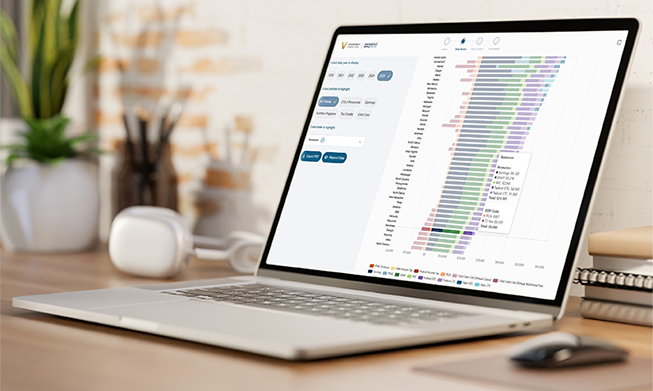Throughout the nation, states are struggling to keep their child care industries afloat. Decades of underinvestment and a global pandemic threatened a near-total collapse of the system, held off only by temporary pandemic-era funding that is quickly phasing out. Families, providers, and educators all depend heavily on a well-functioning child care industry—without adequate access to high-quality, affordable child care, many more parents won’t be able to work and many more children may be left unprepared for school entry.
Now is the time to hear the stories of states that are making bold changes and leading the charge toward a sustainable, equitable system of child care.
Since 2019, New Mexico has undergone significant transformation with this goal in mind. Targeted reforms included:
- major changes to subsidy reimbursement
- dramatic expansion of subsidy eligibility
- reduction in administrative burdens and out-of-pocket costs for families in the subsidy system
- additional provider supports to build capacity and quality of the child care system
- the creation of programs to compensate the child care workforce fairly
Crucially, leaders in New Mexico created sustainable funding streams to ensure that these bold steps would be viable well into the future.
The Prenatal-to-3 Policy Impact Center undertook an exploratory research process to both document these historic state actions and to develop a theory of change that connects these actions to their most likely outcomes based on existing evidence in the field.
By describing pathways from state policy levers to outcomes for children, families, and the ECE workforce, this report highlights a potential road forward for other states to build more functional child care systems in their own communities.
Recommended Citation
Osborne, C., Whipps, M.D.M, & Huffman, J. (2023). Transforming the Child Care Landscape: A Case Study of New Mexico. Prenatal-to-3 Policy Impact Center. https://pn3policy.org.
© September 2023, Prenatal-to-3 Policy Impact Center, All Rights Reserved. The Prenatal-to-3 Policy Impact Center at Peabody College of Education and Human Development, Vanderbilt University translates research on the best public investments into state policy actions that produce results for young children and society.



